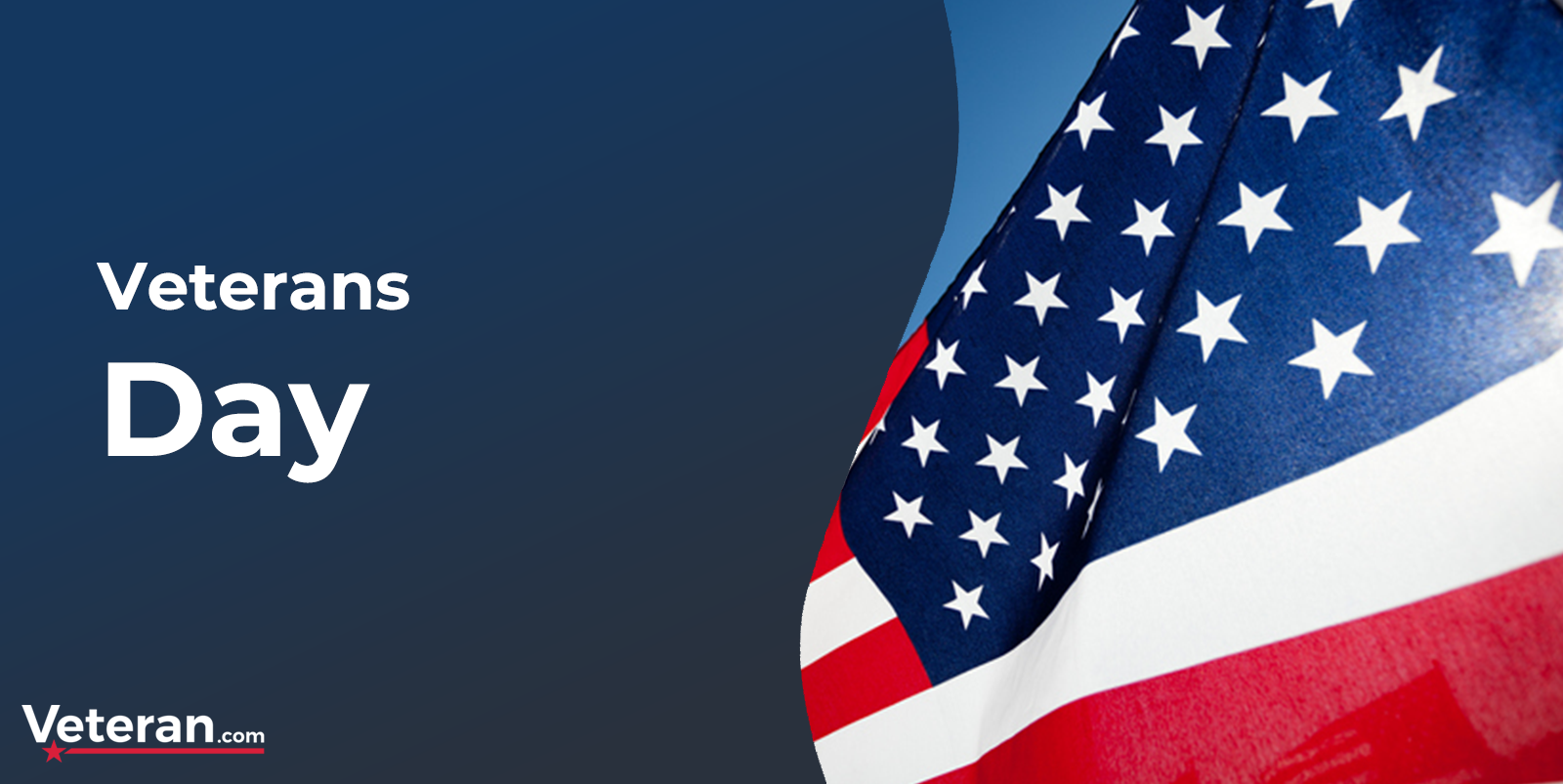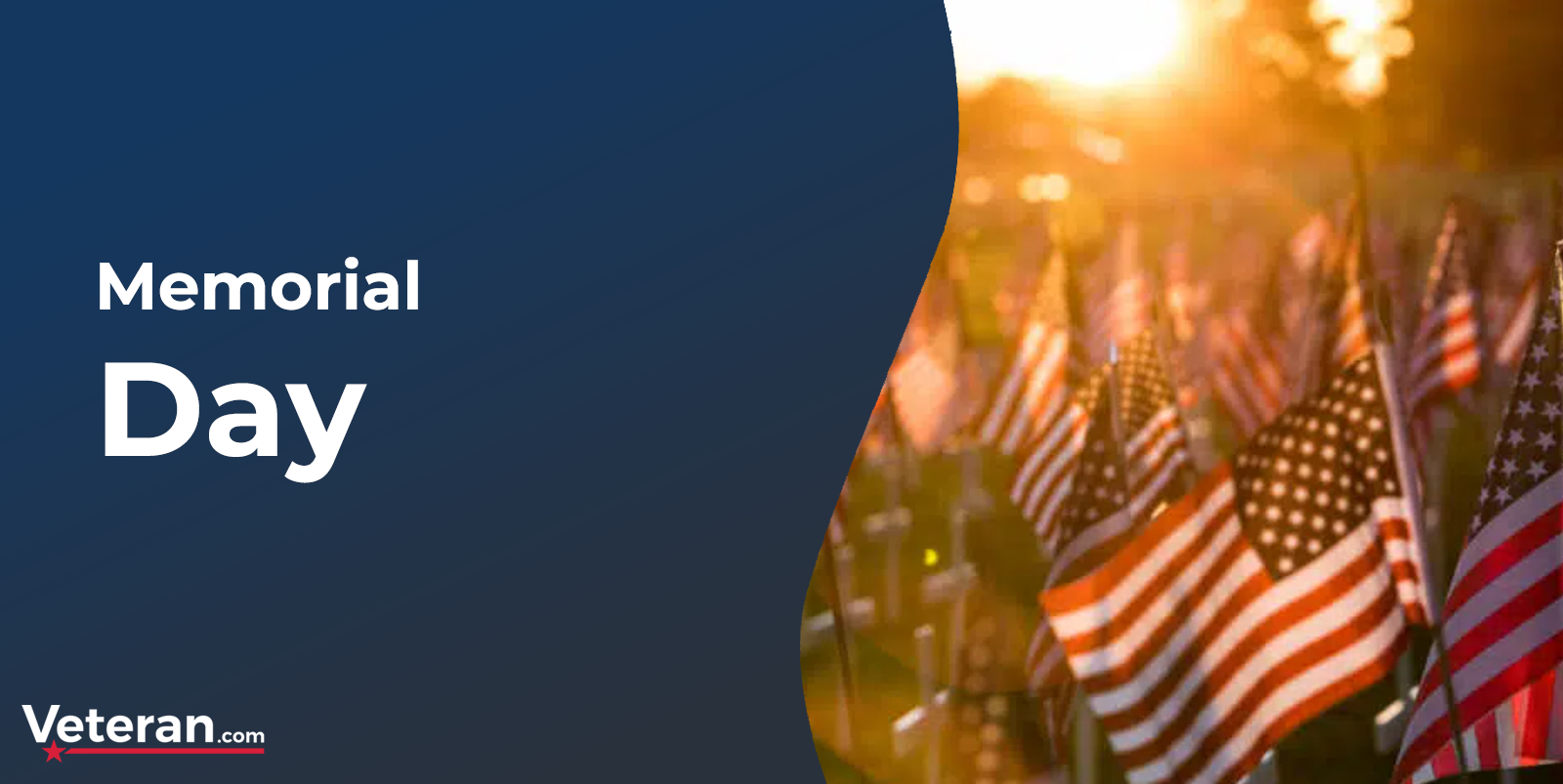National Korean War Veterans Armistice Day
Updated: September 21, 2021
National Korean War Veterans Armistice Day is observed each year on July 27th. It is a time to remember as many as 50,000 American troops who died in the conflict (official sources vary on the actual number), and over 100,000 wounded, and thousands of prisoners of war.
The National Korean War Veterans Armistice Day will be observed on Wednesday, July 27th, 2022.
Each year, the President of the United States issues a proclamation announcing July 27th as a day of national observance in honor of Korean War veterans and their families. There are observances of this day on military bases, at military cemeteries such as Arlington National Cemetery, and more informal observances held in America, South Korea, and elsewhere.
A Brief History Of The Korean War
Korea was, at one time, a united peninsula with no divisions between North Korea and South Korea. One of the agreements made during World War Two was between the United States and the Soviet Union; the U.S.S.R. would declare war on Japan.
Japanese forces had colonized Korea in a harsh campaign and occupation in the early 20th century; when the Soviet Union declared war on Japan, it liberated the portion of the country that would become North Korea.
U.S. forces in World War Two withdrew to the 38th parallel. This set the stage for later Cold War tensions; the United States would be at odds with Russia in West Germany (resulting in the Berlin Airlift and subsequent arms race and containment activities) and in Korea as a result of this division of the country.
These two examples are similar in one important Cold War-era geopolitical respect; in both cases there was a communist and authoritarian government in charge opposing U.S. presence in their respective areas.
For East Germany, also known formally as German Democratic Republic, communist and authoritarian rule stretched between 1949 and 1990. The fall of the Berlin Wall was the symbolic end of the Cold War, at least Germany’s involvement in it as a divided nation. The Koreans would not be so fortunate.
Dividing Into North And South Korea
For Korea, the aftermath of World War Two saw the peninsula divided at the 38th parallel into democratic South Korea, and communist/authoritarian North Korea. In 1950, North Korea, then led by Kim Il-sung, invaded South Korea backed by promises of equipment and ammunition from the Soviet Union.
In the earliest days of the war, North Korea made requests for as many as six divisions of support from neighboring China. The Chinese military would become involved in the conflict after much debate; motivation for this included fears that General Douglas MacArthur, responsible for leading U.S. military efforts in the Korean War, might decide to press forward with an invasion of China.
The war lasted three years, two of which are described as a “war of attrition” near the 38th parallel. Both North and South Korea would insist they were the rightful governments of the entire peninsula
Korea is described as being (at the time) strategically non-essential to the U.S., but Cold War-era thinking (along similar lines to the philosophies that got the United States embroiled in the Vietnam War) demanded a “police action” in the area to repel North Korea and prevent the “spread of communism.”
Technically speaking, the Korean War never ended. An armistice was signed at Panmunjom in 1953, returning the nation to its previous status quo; a divided nation broken into North Korea (which maintained its authoritarian rule) and South Korea.
In romanized Korean, formally known as Hangul, the Korean War is called Hanguk Jeonjaeng, which translates into English as “Korean War”; in North Korea, the war is said to be known as Choguk haebang chŏnjaeng, which some Americans have translated as, “Fatherland Liberation War.” The differences in interpretation between North and South Korea, even in this small way, are revealing.
North Korea’s Approach To The Korean War Armistice
The leadership of North Korea has, on several occasions in the 21st century, announced its refusal to recognize the armistice. 2009, 2010, and 2013 were all years that saw provocation from North Korea in this way.
But political observers note that historically, North Korean leaders have made a pastime of making threatening gestures in order to get concessions or other consideration. A pattern of on-again, off-again engagement with the North has frustrated many world leaders; at the time of this writing the United States has been lured to the negotiating table on multiple occasions with no tangible results. Especially where the issue of denuclearization is concerned.
How The United States Military And South Korea Observe National Korean War Armistice Day
South Korea is a strategic partner with the United States, and there are many formal observations of July 27th in South Korea. Some involve visits to the Demilitarized Zone which runs for approximately 150 miles along the 38th parallel. South Korean observances of the armistice can, depending on the political climate at the time, be more measured out of a desire to avoid fanning the flames of tension along the DMZ and elsewhere. South Korean leaders have in the past adopted stances such as the “Sunshine Policy” toward the North designed to create an atmosphere more conducive to talks and reconciliation. Such approaches have had mixed results, but there seems to be a desire to continue such policies toward the North in spite of a lack of progress in certain areas.
For both Americans and South Koreans, Armistice Day observances must be done with care on Korean soil as North Korean officials have a reputation of taking exception to perceived insults or slights during diplomatic occasions at or near the DMZ no matter how great or small.
There are also stateside observances; Department of Defense Secretaries have spoken at ceremonies at Arlington National Cemetery and U.S. military installations; one such event saw Defense Secretary Leon E. Panetta speaking at Arlington on the 59th anniversary of the Korean War Armistice in 2012. But the President of the United States also weighs in on the sacrifices made by American and Korean forces between 1950 and 1953.
In 2013, President Barack Obama made a speech in honor of National Korean War Armistice Day, noting that for Korean War veterans, “theirs was a different kind of homecoming. Unlike the Second World War, Korea did not galvanize our country. These veterans did not return to parades.”
This speech also mentions the words of one of those Korean War veterans that neatly sums up the experience of returning home from this particular war; “We just came home and took off our uniforms and went to work. That was about it.”
Honoring the veterans of the Korean War during this time can be as simple as thanking a veteran for service to the country, but many more options are available from volunteering with a veterans service organization such as Veterans Of Foreign Wars, the Korean War Veterans Association, the USO, or even the Red Cross.
Those looking to volunteer their time with an organization that has a legacy of involvement with U.S. troops during times of conflict will likely gravitate toward the USO and the Red Cross, both of which were actively serving troops during the Korean War.
On an individual level, Americans can pay respects to American and Korean troops who sacrificed so much during the conflict by learning more about the history of the Korean peninsula, the conditions that led to the war, and current political actions in the country aimed at relieving the tensions between North and South.
Only with a full understanding of the conditions and causes of the region’s conflicts can all nations involved move forward toward reconciliation and peace in the region.
Famous Veterans Of The Korean War
- Neil Armstrong
- Buzz Aldrin
- Michael Caine
- Ed McMahon
- John Glenn
- Ted Williams
- Casey Kasem
- James Garner
Remembering The Korean War
The United States and Canada both have “memory projects” involving oral histories from those who were involved with Korean War efforts. The U.S. Library of Congress operates the Veterans History Project, which chronicles both World Wars, Korea, Vietnam, and other conflicts. Historic Canada operates The Memory Project which has a similar drive to record and preserve stories of the Korean War and beyond.
 Joe Wallace is a 13-year veteran of the United States Air Force and a former reporter for Air Force Television News
Joe Wallace is a 13-year veteran of the United States Air Force and a former reporter for Air Force Television News
Most Popular Holidays and Observances Articles

Federal & Training Holidays

Military Calendar – Holidays, Events, Observances

Veterans Day 2024

Memorial Day 2024































































